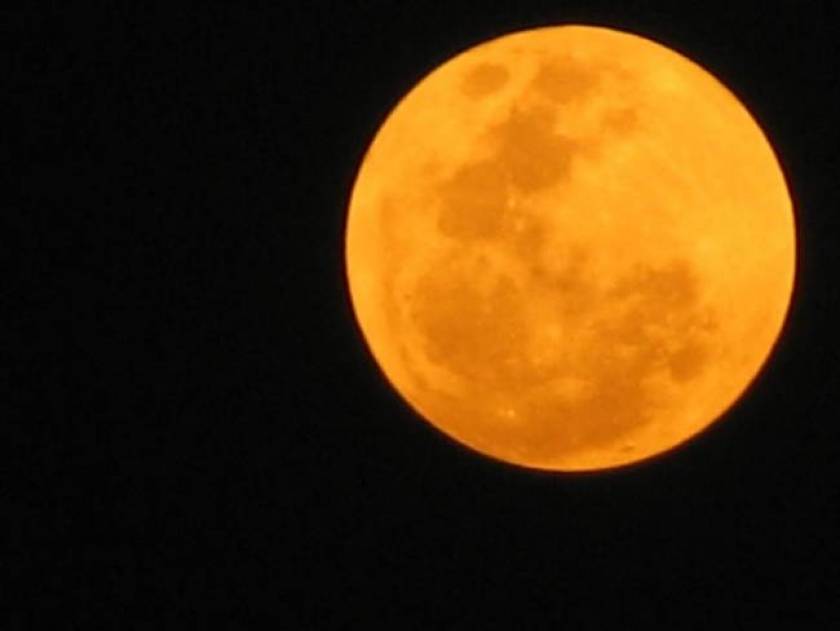Odysseus Elytis poetry under August full moon

The unique Odysseus Elytis poems will mark the events hosted by several archaeological sites and museums in Cyclades, the islands of Northeastern Aegean as well as Delphi to celebrate the night of the full moon on August 10, reports ANA-MPA.
"In ancient times, both on the Aegean Islands and in Delphi, people worshiped the same god, Apollo, who was the personification of all those special characteristics that make the Greek culture unique: light, harmony, balance, measure, poetry, music. Since the work of Odysseus Elytis has condensed all these Apollonian elements of "Hellenism", we chose his poetry as the theme of this year's Full Moon events. We will also give visitors his text on a "Plan for an introduction to the Aegean", which includes all images, feelings and thoughts of those who have lived or have visited and loved the islands of the Archipelago," the 21st Ephorate of Prehistoric and Classical Antiquities said in a statement.
The archaeological sites and museums that participate in the full moon celebrations will be open to public from 21.00 to 24.00, while admission will be free of charge. Most sites will host events held in cooperation with local organizations, cultural associations and volunteers.
On moonrise, a recorded recitation of an extract from Elytis' renowned "Axion Esti", read out by the poet himself, will be simultaneously heard across the event sites of the Cycladic islands, Ikaria, Lesvos, Limnos, Samos, Chios, Psarra as well as the archaeological site of Delphi in a symbolic attempt to "bridge" those places and their people.
"Our goal, in the hard times the country has been going through, is to enhance a feeling of optimism, pride and belief in our culture, and at the same time, since all the events are based on the work of volunteers, to showcase the values of offering, volunteering and cooperation, as we believe that these are our strongest weapons to deal with the difficult times we live in," the Ephorate said.













